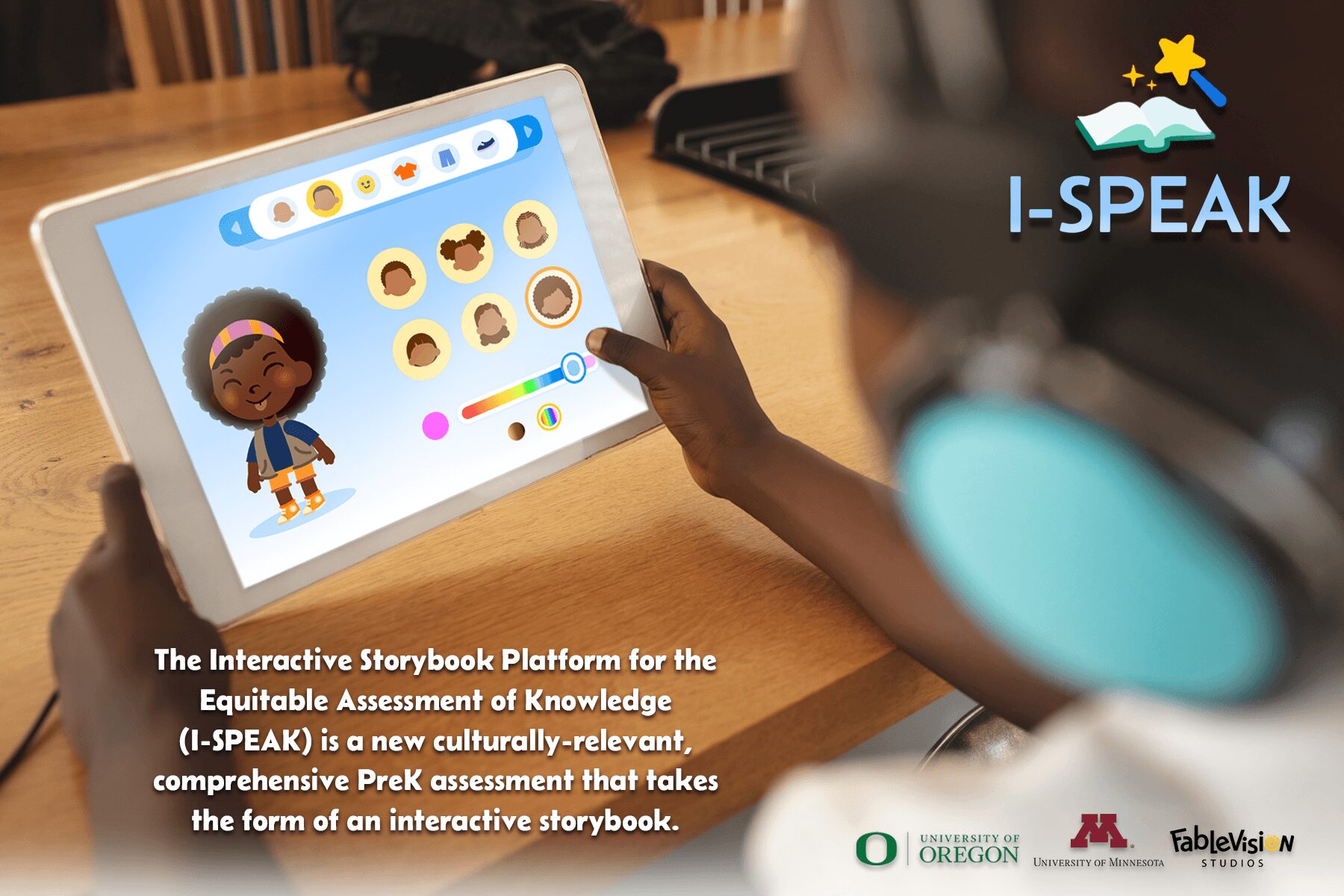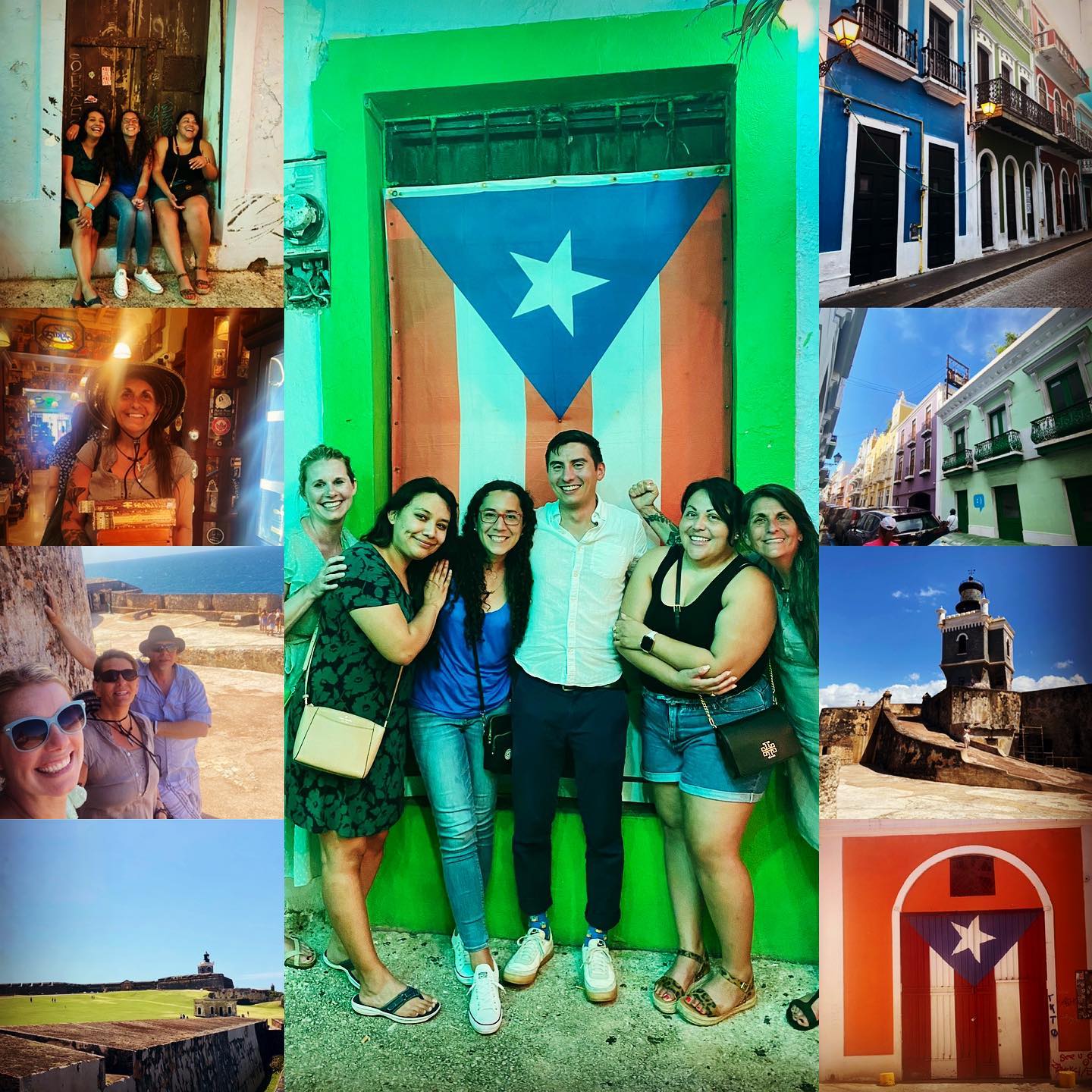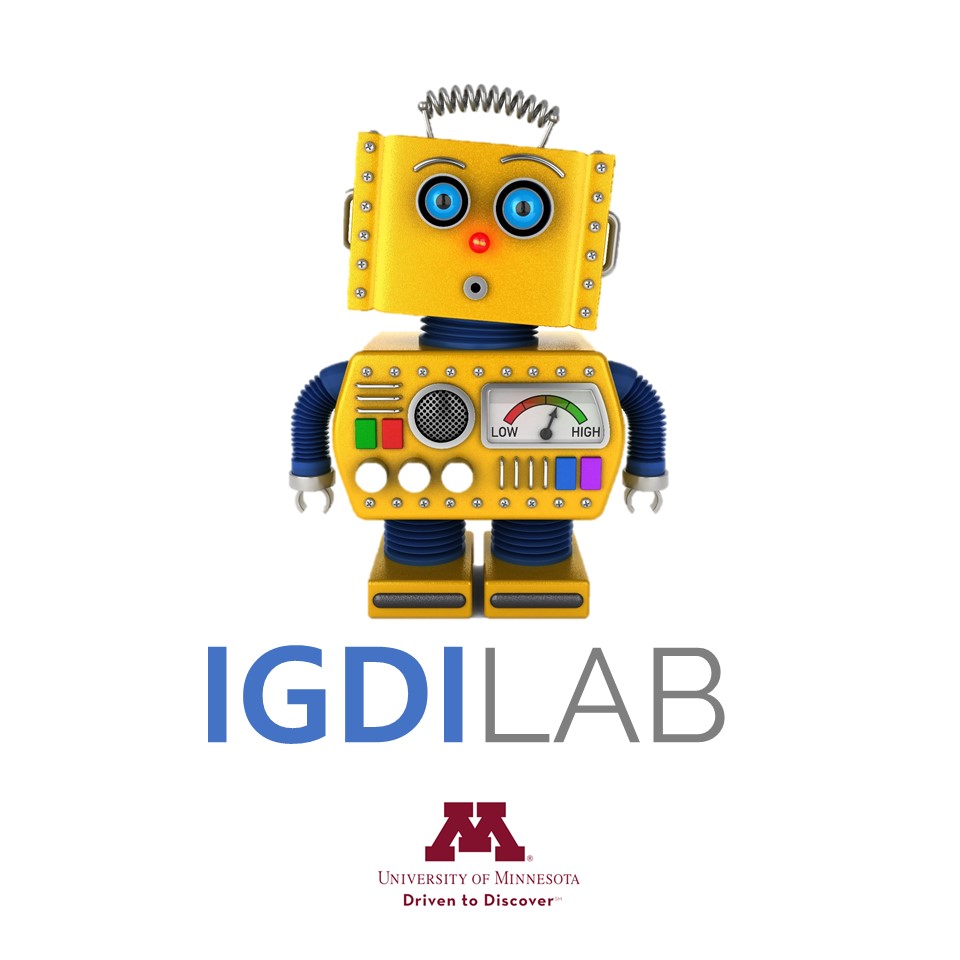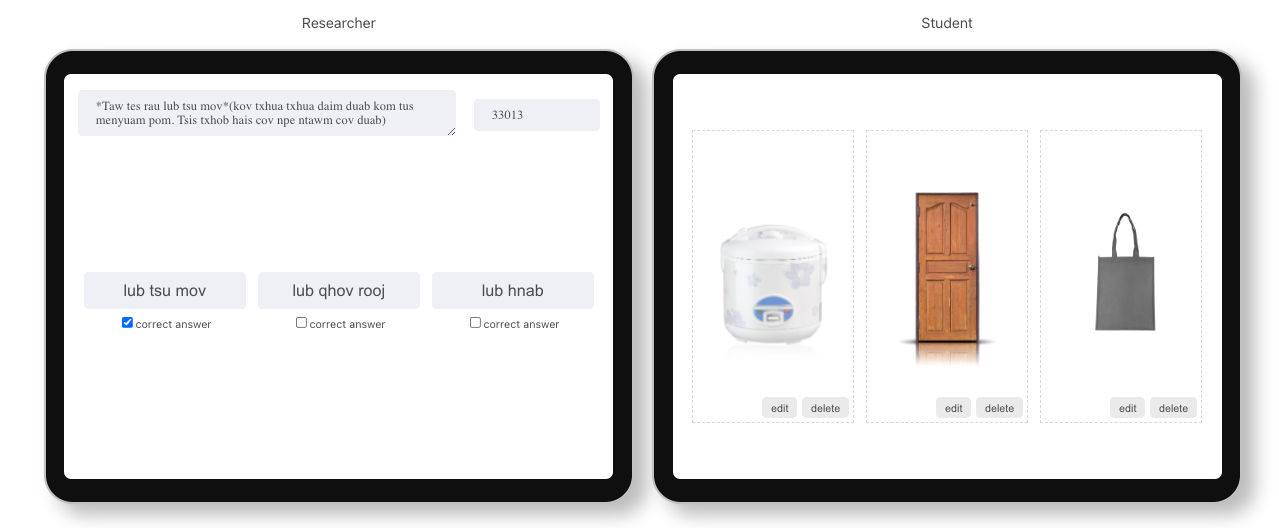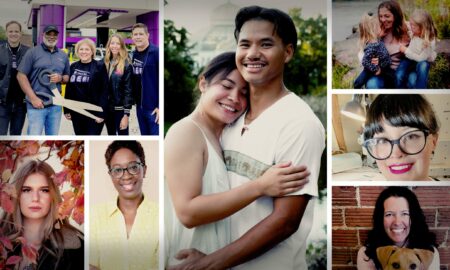

Today we’d like to introduce you to Alisha Wackerle-Hollman.
Hi Alisha, it’s an honor to have you on the platform. Thanks for taking the time to share your story with us – to start maybe you can share some of your backstory with our readers?
How did I get started in being deeply committed to developing equitable assessments for young kids? Well, the seed that grew into the flowers I tend today started moons ago. I’ve always loved the preschool-age window. Three to five year olds are full of magic as they develop. Their sweet smiles, intense curiosity, and budding sense of self makes them a marvel to watch grow. My work has always centered around supporting preschool age children and the adults who nurture them — including caregivers and educators.
In my undergraduate college experience I worked in a preschool where I grew curious about developmental trajectories and at the same time, worked with many bilingual families. This intersection fueled an interest in supporting the families I worked with in English, Spanish and other languages. This interest came from meaningful connections with the families I encountered in that position. One family, Catalina and her daughter Jennifer enrolled in our preschool. Catalina and Jennifer spoke Spanish, but Jennifer was an emerging bilingual and given the complexity of navigating social programs (such as child care assistance) and schools, Jennifer, at just 5 year olds, was doing a lot of interpreting. Getting to know Catalina, I learned a lot about her strengths and her struggles. I was deeply impacted by how much extra burden it was for Catalina to access many resources because very few systems offered bilingual interpreters or resources at the time. I have pretty rudimentary Spanish skills, but between Jennifer, and Catalina’s deep patience, our preschool was able to help their family access the resources they needed. That experience, and many others similar to it during that time, left a lasting impact on me as I considered graduate school.
When I wasn’t teaching at the preschool, or attending undergraduate classes, I had a part time job as a community-based therapist through community mental health. This position offered a window into the lives of families who were experiencing trauma and mental health disorders that added complexity to their lives. In addition, because community mental health was state funded, these were often families who experience significant economic hardship. In my role at community mental health I found myself working day in an day out with families that faced significant challenges, but also should tremendous resilience. It was in this position that I learned to show up, over and over and over, and to see folks as more than the labels community had bestowed up on them. Approximately 80% of my clients were Black and I found myself in deep connection in these families as we built trust to work through trauma while simultaneously nurturing their preschool age children. One thing about trauma and mental health disorders is that you cannot put it on hold to raise your children. It doesn’t discriminantly apply for certain seasons in life. So the families I worked with were both working through their own challenges, while doing the best they could with the children they raised. I took a lot of pride in seeing their success and building strong relationships over meals, shared daily routines like carpooling, and showing up to be with them during judicial procedures.
As I considered how to move from individual supports in community, via preschool and community mental health, I felt like there had to be a better way to create equitable access for these families. I leaned into system level change and I found myself applying to graduate programs in school psychology. I applied to school psychology programs across the nation, and accepted and attended the University of Minnesota’s program. It was there I began making a shift from micro level deep relationship work, to thinking about the ways to systemically change how we support kids, which logically led me to assessment. To most folks, assesment doesn’t sound very “creative”. And admittedly I had to unlearn a lot in my journey to get to a place where it feels good to push the edge of the envelope, but having autonomy in this space truly does represent creativity in how we consider and use assesssment.
With the help of my mentors, my work began focusing on developing new assessments and using assessment data to inform educational instruction for children from various backgrounds including multilingual children. This work led me to join the Individual Growth and Development Indicator (IGDI) lab, where I learned about the intersection of identity characteristics (such as being a Spanish speaker, or representing a a marginalized identity group) and measurement. That knowledge has evolved and changed over nearly 20 years, standing on the shoulders of the work of key mentors such as Drs. Stan Deno, Scott McConnell and Michael Rodriguez at the UMN.
At the same time, I saw opportunity in system changes that would offer families paths to feel empowered in their parenting that could work alongside of my assessment work. I worked with mentors, such as Dr. Lauren Martin, to learn how to engage in community-based participatory research, and married that approach with early childhood development content. This work led to a decade long partnership, that is still ongoing, with the Northside Achievement Zone in collaboratively building Family Academy, their caregiver course continuum, that takes families from pregnancy to high school graduation and focuses on learning about key developmental aspects at each age while simultaneously empowering and engaging caregivers and children.
As the IGDI work and family engagement work has evolved I’ve learned (and unlearned) so much about how assessment plays a role in our everyday lives, and how this intersects with how we consider children’s development. I describe our approach in IGDILab as equity-informed assessment design. It works to eschew some of the common historical harms that have long been baked into assessments in favor of thinking how to provide every child with assessments that help them feel seen and centered. At the same time, this work helps educators learn how to use resulting data to make decisions about these children’s progress, all through a lens of understanding the context of the assessment data and the child’s developmental level.
Most people can’t tell you how the assessments their children use in preschool are selected, or how one can decide if an assessment is ideal for a specific population. Further, most families are surprise to hear about the racist foundations and historical harm embedded in assessment. Part of my purpose is to use my space to bridge this gap, to help caregivers of young children understand how to ask questions about how the adults in their lives are evaluating them. We evaluate things everyday both formally and informally, but without asking key questions about the tools and use of the resulting data, there are far too many opportunities for stereotypes, harm and inaccurate interpretation to occur.
I guess that positions me where I am today- I lead the IGDILab and continue to pursue equitable assessment design and application for preschools in ways that push against the typical systems and processes used in the field. I hope that every family and educator I interact with comes away with a healthy skepticism of assessment and grows in their investment in asking questions about how the data from educational tools are being used, and whether those data truly reflect their children’s skills and knowledge.
Alright, so let’s dig a little deeper into the story – has it been an easy path overall and if not, what were the challenges you’ve had to overcome?
Smooth makes me think of water. When water is smooth and glassy there are no ripples. The great thing about ripples is that they represent movement and they can carry and expand. The drop of a rock in a pond can make ripples that reach far beyond the rock itself. The evolution of my work in assessment design has definitely not been smooth, but I see each ripple as a moment for unlearning and growth. I went to graduate school to learn about assessment design, so the academy infused me with a lot of great information, but at the same time, assessment design has a long history of racism and harm, that the academy didn’t teach very well. I had to figure out how to integrate that new knowledge and let go of inaccuracies, which isn’t always easy, but has advanced my thinking and work with families tremendously.
Being in a white body and recongizing and using my privledge in ways that thoughtfully support those who I work with who have marginalized identities has also been a deep learning process for me. Its important for me to reflects deeply on if I’m centering myself and when to use my voice and when to find space for others. I’m always working to grow in this space, and in the assessment world, where there is a legacy of elitist thinking, it has been an uphill (but worthy) climb.
Can you tell our readers more about what you do and what you think sets you apart from others?
I like to think I’m know for pursuing equitable assessment in early childhood, leading innovative research, and my work in engaging collaboratively with communities as partners in research. I’m most proud of my work in this space in the last 10 years, as demonstrated by our deep commitment to multilingual assessment and assessment centering children from marginalized identities. I’m also particularly proud of my work the with Northside Achievment Zone (NAZ) Family Academy team.
One thing that sets me apart from others is my deep commitment to community in each step of this work. I persistently show up, over and over, and I think that sets me apart because of my investment in relationship. In addition, I’m willing to see expertise as shared, and divest from the idea that ‘the academy’ holds knowledge- there is so much rich knowledge in every member of our communities and far too little is tapped across a variety of disciplines. Finally, I’m not afraid to admit we’ve been doing it wrong- which means I’ll push on current narratives when things perpetuate historical harm.
We’d love to hear about any fond memories you have from when you were growing up?
One of my favorite childhood memories stem around community- which I suppose impacts why community is so critical to my work now. As a kid my family, part of a much larger extended farming family- spent a lot of time together and I really enjoyed being at my grandparent’s house on holidays because there were so many people there who shared a common bond. My dad was one of 8 children, and nearly all of his siblings (he included) had at least three children, which made for a large family. There were small groups of children at each age group- cousins that were stair step ages. I treasured how my grandparents invested time in all of their children and grandchildren, each small group had their own special place in our family. I have such sweet memories of being in their home where love felt omnipresent and everyone felt seen and heard.
